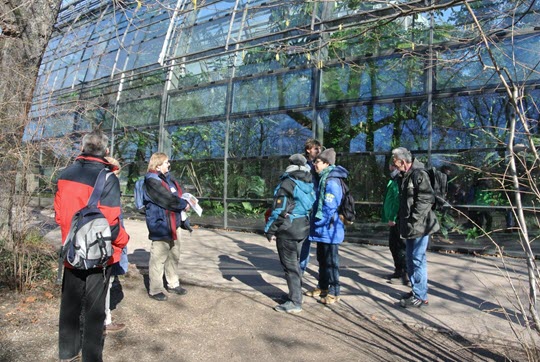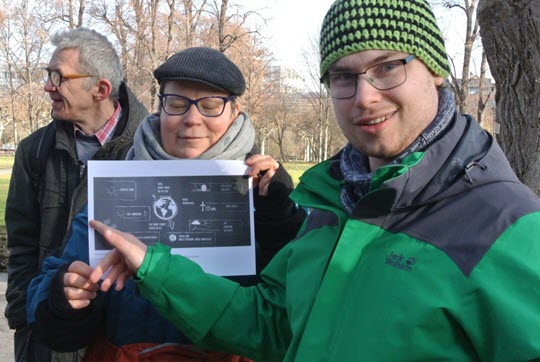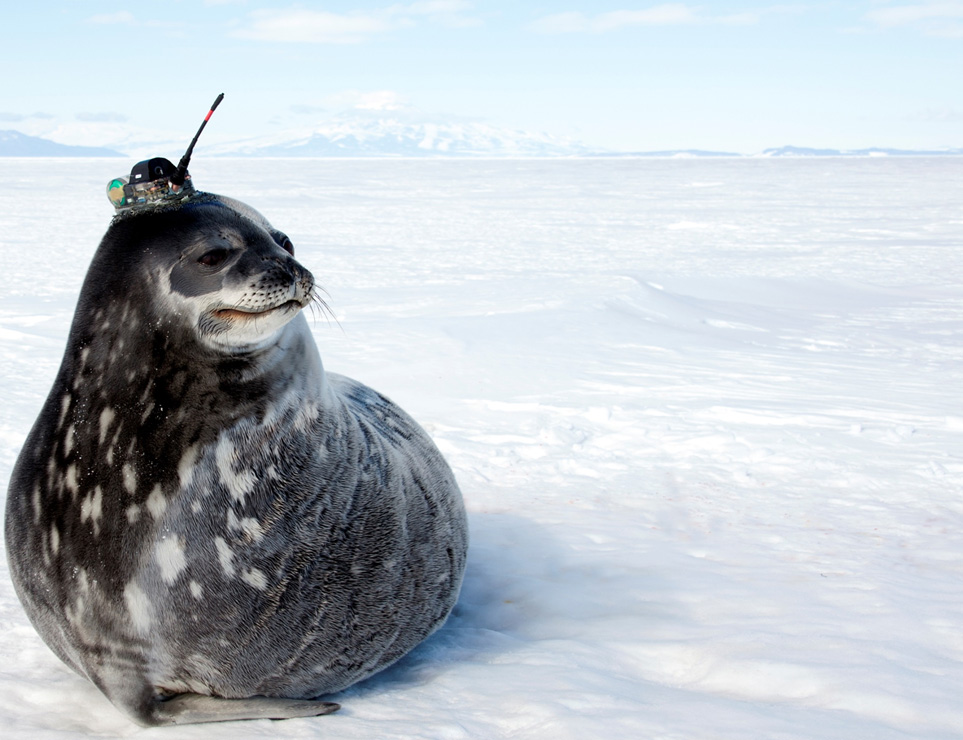A lecture program about climate change for people with learning disabilities
Posted on 30 August 2019 by BaerbelW
Earlier this year I was asked if I could support a lecture program about climate change for people with learning disabilities. The program was organised by Christa Rommel who works at the Remstal Werkstätten which are part of the Diakonie Stetten in southern Germany. They regularly offer such lecture programs for the people working there in order to have them learn about and get involved with general societal topics. One of the biggest challenges of such programs is that the information has to be presented in easy to understand language. This write-up is a short summary of the program with the emphasis on the part I was actively involved with. A report about the full program was put together by Christa Rommel and you can download it (in German) here.
The program was divided into three parts, happening within one week in February 2019:
- Day 1 featured an inhouse lecture about the basics of human-caused climate change held by Jürgen Lutz
- On day 2 I met the group in the Wilhelma, the zoological and botanical garden in Stuttgart for a climate-themed tour which also included information presented by Benedikt Mathes, one of the participants
- Day 3 was used to summarise what the group learned during the program and how they already try to lessen their own carbon footprint
Here are some impressions from the Wilhelma-tour with translations of easy to understand wording used in the report.

During the tour on a sunny February morning I for example explained the following:
- How the greenhouse effect works - using some of our graphics
- Why global warming impacts many animal and plant species. With the South African penguins we have at the Wilhelma as an example where it's not yet clear if the impacts will overall be negative or positive. They depend on ocean currents and how changes in them will affect the penguin's main food source: fish
- That some species like insects may profit by moving into other areas, and that some of them sting and can spread diseases

Benedikt Mathes, one of the participants, supported the tour with sharing some information he had prepared based on material from the exhibition "Donnerwetter! Klima schreibt Geschichte" in the Municipal Museum in Heilbronn.
We ended the tour with the story about how marine mammals help climate scientists to gather data. Something, the participants found as fascinating as I did!
 Weddell Seal West Antarctic Peninsula (photo: Dan Costa - NMFS 87-1851-03)
Weddell Seal West Antarctic Peninsula (photo: Dan Costa - NMFS 87-1851-03)
In case you'd like to see/read the write-up prepared by Christa Rommel and some of the participants, you can download the PDF here - it's however in German and - because it will get shared within the institution - it is written in easy to understand language (and doesn't go into too much detail).
This for sure was an interesting and challenging project for me to be involved with!































 Arguments
Arguments































Comments